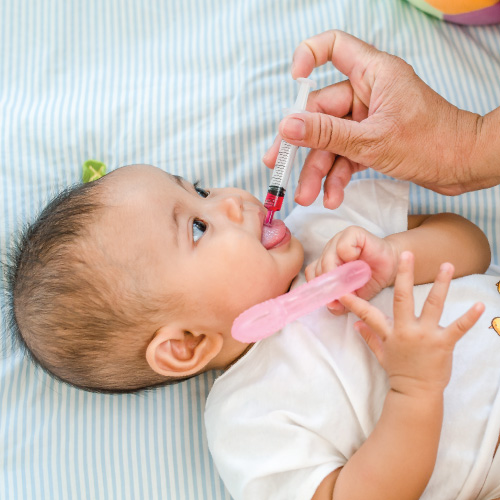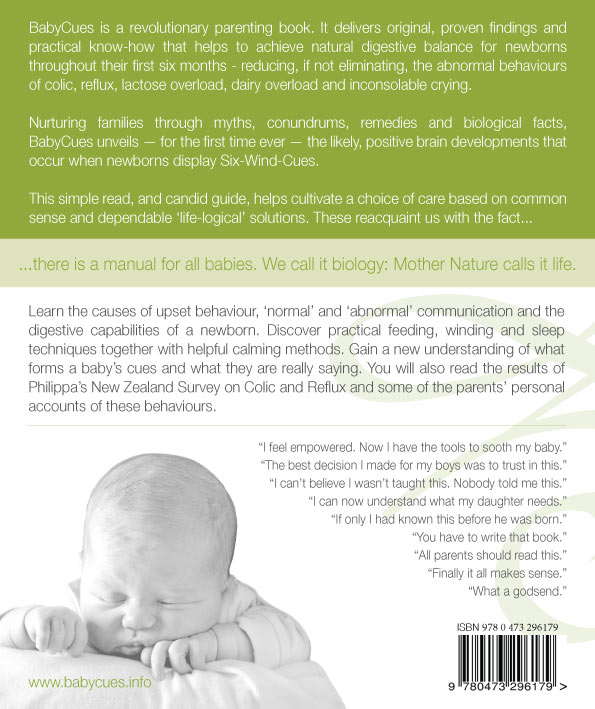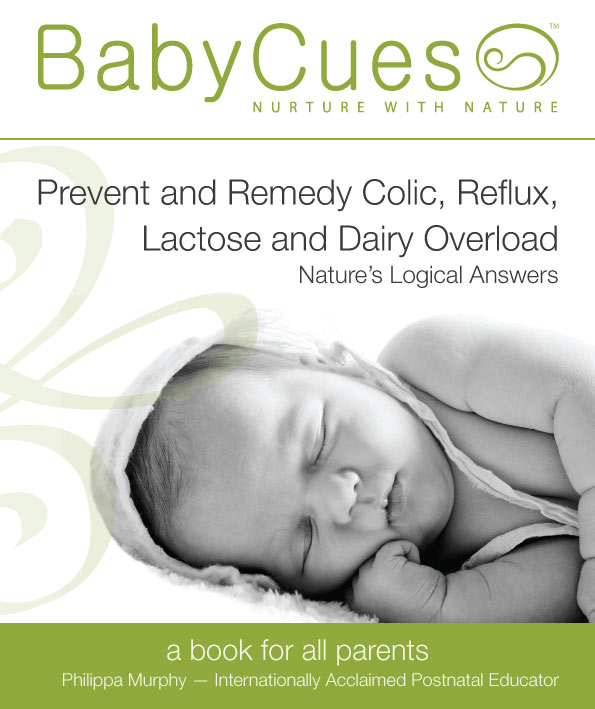Can a baby have lactulose?

The suggestion to parents to use lactulose when their baby, or infant is constipated seems to be on the rise. In this article I just want to provide an overview of what lactulose is, what it does and the effects this has on a baby, or infant so you can make an informed decision. First though, let's define what constipation is for a 0-1 year old.
When is a baby or infant constipated?
There is much conflicting advice about what is considered as a ‘normal’ healthy frequency of bowel motions for newborns and infants. Some health professionals will tell you its fine for a baby to not have a poo for ten days, especially if they are being breastfed. Others, like myself, know that this recommendation is somewhat illogical from a biological perspective and recommend bowel motions happen within 48 hours, with some newborns still being comfortable at this stage but showing signs of needing a bowel motion by three days.
Get the help you need
Hailed as a game changer, life-saver and a must read from parents and postnatal professionals, this self-help book truly has the answers that NATURALLY prevent and heal the symptoms of colic, reflux, silent reflux, the witching hour and lactose and dairy overload - aka Digestive Overload, the true cause of these symptoms.


- nurture your child's digestive system
- Burp your baby to comfort
- Understand their Six-Wind-Cues
- Calm baby with techniques that work


LEARN HOW TO
- nurture your child's digestive system
- Burp your baby to comfort
- Understand their Six-Wind-Cues
- Calm baby with techniques that work
What are the signs of constipation?
- no bowel motion for 2-3 days
- pedalling legs
- arching backwards
- not sleeping well, or for long periods
- crying or screaming after feeds and waking from sleep, with this slowly increasing the longer the bowel motion is absent
- not wanting to be put down
- thrashing around
- wanting to suck more to self-sooth because of the discomfort with this sometimes being misread as hunger
What is lactulose?
Lactulose is made up of non-absorbable sugars1 and is an osmotic laxative. This mean it increases water in the intestines, which in turn stimulates colonic peristalsis1 – more movement to push the bowel motion through. Of course the increase of water also makes the waste product softer resulting in a bowel motion happening generally after 8-12 hours, but it may take longer.2
Is lactulose safe?
While there is certainly literature available that states there is no contra-indication for lactulose with breastfeeding, or for the age of newborn onward, the bottom line is that the Food and Drug Administration (FDA) does not list it as safe for 0-18 year olds. Stating “Safety and effectiveness in paediatric patients has not been established.”3
Common side effects
Sadly for our newborns the side effects below are often projected as ‘mild’ and are not thought of as a big issue by some. However, when talking about a developing child in the first year of life, especially one that is only just learning how all of this movement feels in their body, these common side effects can have an acute effect on their daily physical and mental health. Sleep, feeding and overall comfortability can be hugely compromised, which leads to high levels of stress for the developing child, both on their digestive system, and their brain. For them these common side effects are anything but mild…
- Abdominal cramping
- Burping
- Flatulence
- Stomach grumbles
- Cramps anywhere in the body
- Nausea
- Diarrhoea
Serious side effects
If you decide to administer lactulose to your child these are the serious side effects that can happen. Seek medical intervention if these occur:
- Severe diarrhoea
- Vomiting
- Pain in the digestive tract
With these facts known about lactulose you may want to avoid using it. If so, the next question of course becomes, well what do I do to ease your child's constipation? I'd be more than happy to go over your child's specific causes in a consultation.
- Berardi M, Tietze KJ, Shimp LA, Rollins CJ, Popvich NG (2006) Handbook of non-prescription drugs (15th) Washington, DC. : American Pharmaceutical Association
- Helms, RA, (2006) Textbook of therapeutics: drug and disease management (8ed.) Philadelphia, Pa. (u.a.): Lippincott Willaims & Wilkinds. p 1310.
- https://edkb.fda.gov/webstart/arraytrack/PDFfile/LTKB_BD/lactulose.pdf



